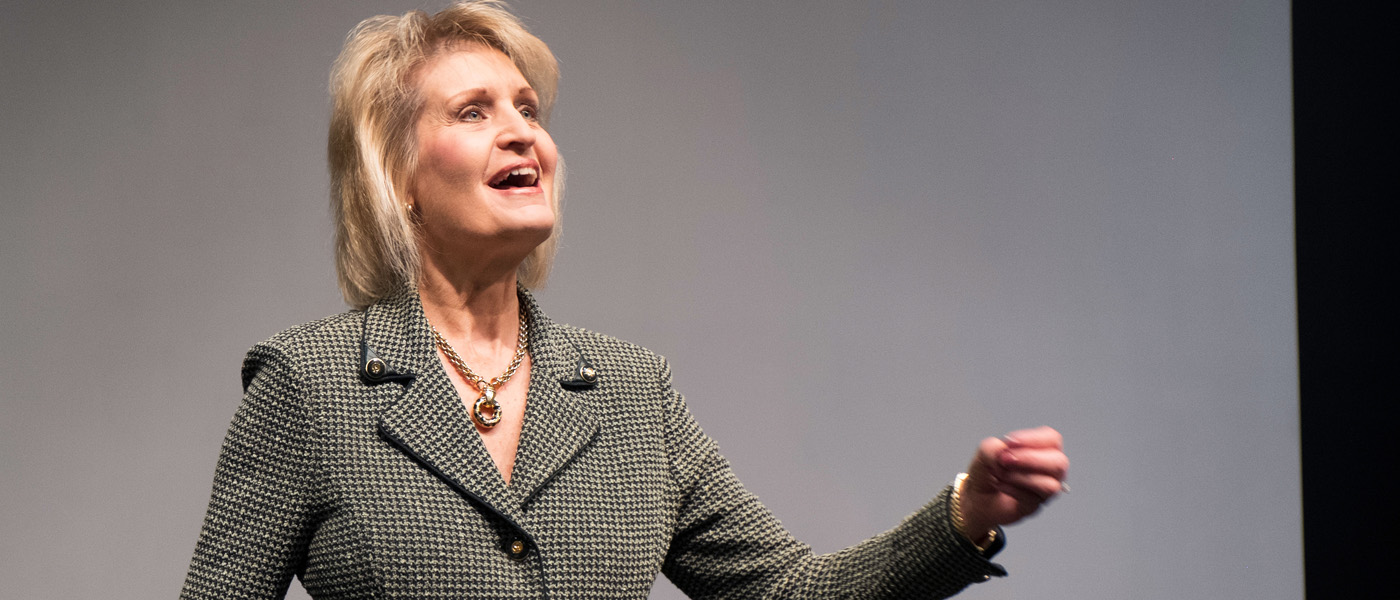Your Brand’s Promise

Whether you watched the Super Bowl ads live or you’re watched all the Super Bowl ads you missed online, you probably spent time thinking about the unique power of branding.
As you well know, Super Bowl ads are the most expensive on television each year (In 2019, they topped $175,000 per second). And that’s before paying for celebrities, writing, production, special effects, and the integrated campaigns that must exist to support them.
What could you do with an annual marketing budget worth just one Super Bowl commercial? (That’s a great question to play with when plotting your next marketing plan.)
The Super Bowl commercials present an annual opportunity to watch commercials with a critical eye for what the companies are really saying. In a way, we become honest with ourselves: we know the good commercials aren’t necessarily going for a specific look, logo, design, font, hook line, or even call to action.
The companies and commercials with real power are the ones going for something a lot larger. Brand.
I’m amazed at how many articles exist about building a brand. Every author has exact directions that they say everyone can follow. What’s more, everyone uses phrases like “simple steps” and “branding process.” “If you do this, you get an awesome brand!”
But if that’s true, why aren’t there 1,000 restaurants all as big as McDonald’s? Why is Nike in a league of its own?
Consider Pepsi’s 2019 concept — a treatise against the culture-wide reaction in restaurants when you ask for a Coke and the waiter asks, “Is Pepsi okay?” Pepsi is literally fighting how much it is losing. Coca-Cola is definitely winning its war.
In reality, most articles and gurus who talk about branding are just talking about design. Making a visual identity system is super important, but it’s only one part of your overall brand story.
Branding is About Who You Are. The Soul of Your Company. And Who You Are is What Sets You Apart.
In a remarkable interview with Seth Godin, the author of This is Marketing and one of the few people inducted into the Marketing Hall of Fame, Godin points out that while we are not anything like Nike (in size), we can learn several things from their branding.
He juxtaposes Nike and Hyatt Hotels. “If Nike opened a hotel, I think we would be able to guess pretty accurately what it would be like. If Hyatt came out with sneakers, we’d have no clue.”
Already, without thinking very much, we have an idea of what experience Nike would create, how they would appoint the rooms, and how they would handle service opportunities like a restaurant, valet, and a gift shop.
Hyatt’s sneakers? We have no idea what that would look like except a logo.
Hyatt has a name and a logo. They don’t have a brand. Hyatt’s brand doesn’t offer anything distinct.
Godin then says, “So what it means to have a brand is you’ve made a promise to people. They have expectations. It’s a shorthand. ‘What should I expect the next time?’ And if that is distinct, you’ve earned something. If it’s not distinct, let’s admit, you made a commodity and you’re trying to charge just a little bit extra for peace of mind…. The value of a brand is how much extra am I paying above the substitute?”
What do your customers expect the next time they interact with you?
Or are you a commodity to be considered alongside your competition and your potential customers will look for the lowest cost?
Godin concludes, “The most important thing is to not worry about your slogan, your spokesperson — the wrapping. It’s to worry about the substance. Work that matters for people who care. Find the people who care.”
As companies, we need to actually make promises to show that we can keep them. In this way…
Branding is Similar to Your Personal Integrity
As a person, you gain integrity by doing what you say you are going to do.
However, if we don’t promise to do anything for anybody, we have no chances to prove that we can keep our promises.
If you think about stories, it is evident that the goodness of a hero can only be so big as the amount of evil he or she is able to overcome. The same can be said of our integrity.
Your Integrity, and Therefore Brand, can Only Grow as Much as the Size or Distinction of the Promise You Make.
B2B Tech companies like yours rarely grow to be the size of Nike, Coca-Cola, or McDonald’s, few can afford a Super Bowl Commercial, and fewer would find it to be a strategic move in the B2B space. However, we need to recognize that there is a feeling — there is a story — behind them and inside their companies beat the hearts of the promises they make. We are nowhere near the point of grasping them.
It has nothing to do with the fact that their marketing budgets are huge, but has everything to do with the story they tell with those marketing budgets, and the experiences and service they deliver consistently and constantly afterwards.
The lesson to be learned: Make promises that are distinct. Then follow through. When you do, you show what you’re really made of. When you do this, you gain the great leverage point of every brand: influence.
A Company is Influential Because Influence is a Byproduct of Integrity
Author and researcher Dianna Booher wrote in Forbes :
 Influence is the result of having others trust you.
Influence is the result of having others trust you.- Trust comes from communicating the truth — without deception, denial, exaggeration, waffling. Trust means what you say is what you do.
- Being known as a person of your word [trustworthy] represents power.
- Power translates to influence.
When a company promises something and then keeps their word, they have integrity. This integrity in large enough quantities over time translates into influence — Influence on our perception of the company, influence on our individual lives, and influence on our buying decisions.
A Leadership Challenge
Put a one-hour appointment on the calendar. Invite two or three others to join you. Consider these thoughts:
- Think of three companies whose branding and promises you admire. Why? What promises do they make?
- What can your company promise that will set you and your company apart?
- How will your company follow through on your promises?
Key Takeaway
Don’t just dance on the fringes of the market and hope people will come to your corner to hand you money. Go out there. Make a unique promise. Follow up with an incredible product. Provide service to customers that’s beyond belief.
This is how we build our reputations. This is how we build integrity. That integrity becomes our identity as a brand. And that identity is the result of having a brand that matters.
So maybe the people who write the “simple steps to branding” articles are right, but shortsighted: The steps for building a brand are indeed simple. They don’t even take a giant marketing budget. But they are not easy. They take guts, a lot of follow-through, and loads of character.


